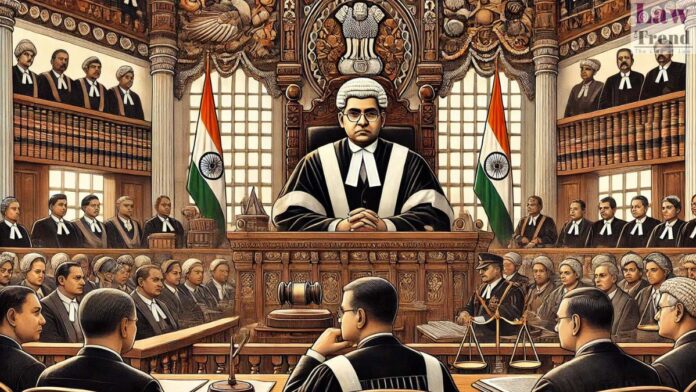In a landmark ruling, the Allahabad High Court overturned the conviction of Upendra alias Balveer, shedding light on systemic issues within the judiciary that, according to the court, lead trial judges to convict potentially innocent individuals due to career-related fears. The bench, comprising Justice Siddharth and Justice Syed Qamar Hasan Rizvi, voiced concerns that the
To Read More Please Subscribe to VIP Membership for Unlimited Access to All the Articles, Download Available Copies of Judgments/Order, Acess to Central/State Bare Acts, Advertisement Free Content, Access to More than 4000 Legal Drafts( Readymade Editable Formats of Suits, Petitions, Writs, Legal Notices, Divorce Petitions, 138 Notices, Bail Applications etc.) in Hindi and English.




